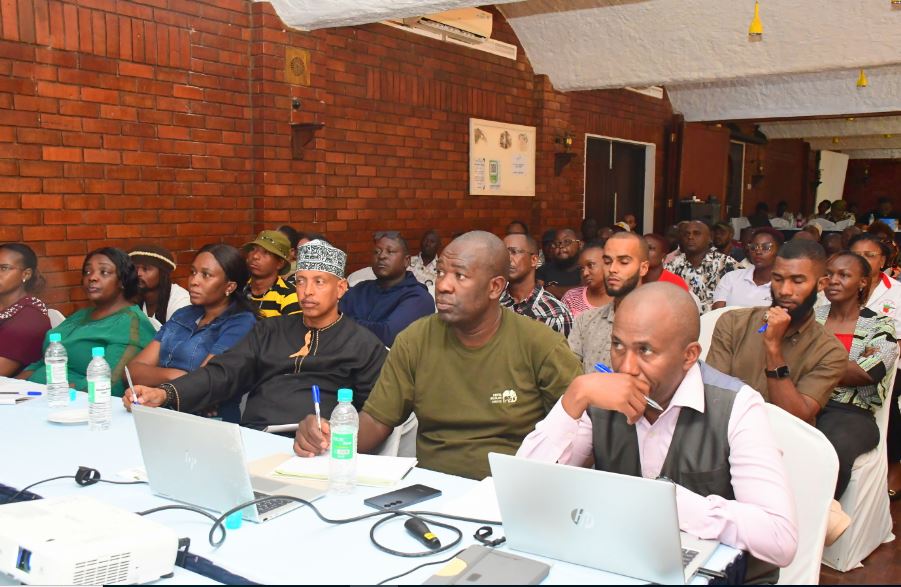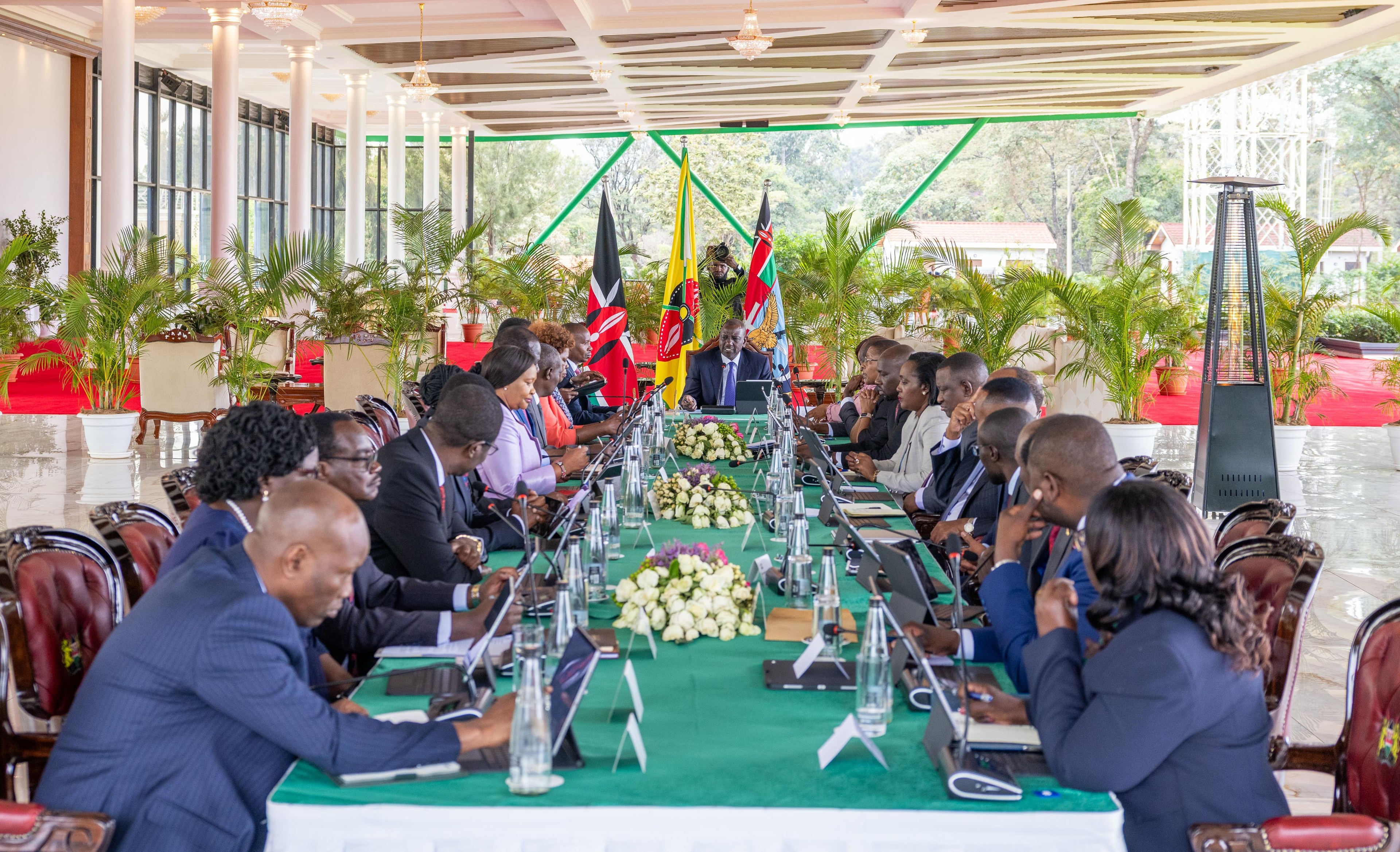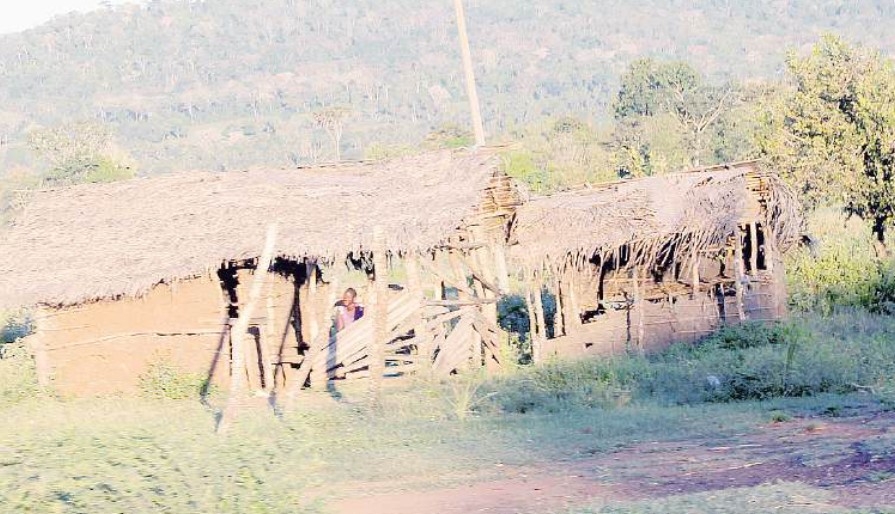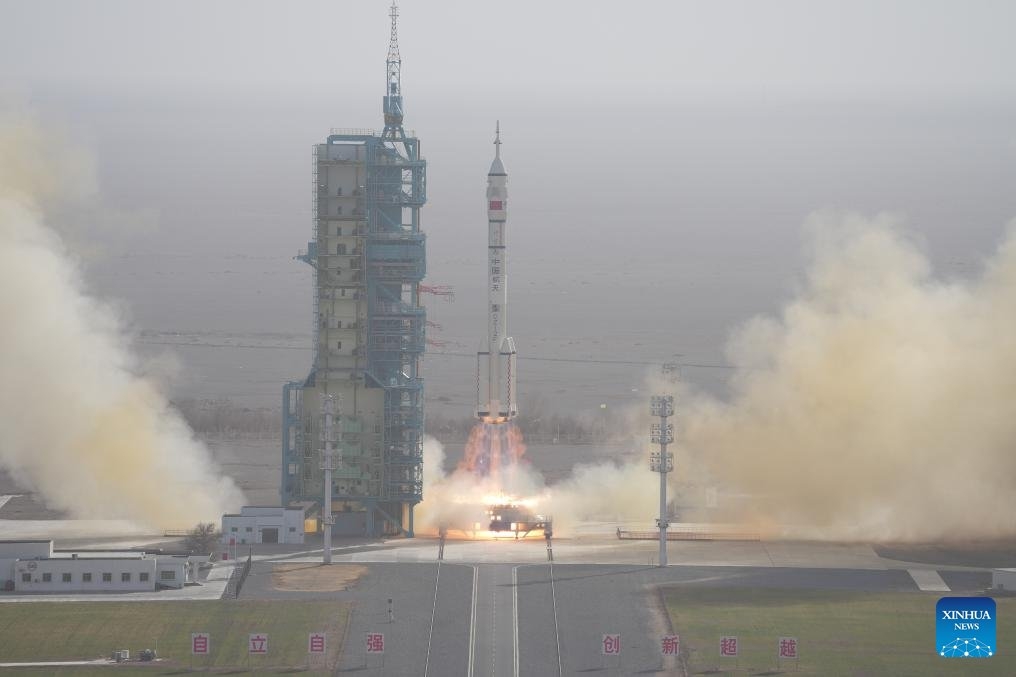
 Mombasa residents and Tourism stakeholders during a public participation forum on the proposed conservation fee review at a Mombasa hotel./KNA
Mombasa residents and Tourism stakeholders during a public participation forum on the proposed conservation fee review at a Mombasa hotel./KNA
Kenya Wildlife Service (KWS) plans to raise conservation fees for tourists visiting the country’s national parks and game reserves in a bid to boost funding for wildlife protection.
The state agency is now conducting a nationwide public participation exercise to sensitise and gather feedback from stakeholders on the proposed adjustments to park entry and conservation fees.
The proposed comprehensive review of conservation fees for entry into national parks, game reserves, marine parks and sanctuaries is underpinned by the draft Wildlife Conservation and Management (Access and Conservation Fees) Regulations 2025.
KWS said the proposed increase, expected to take effect in January 2026, will apply to both international and local tourists, though exact figures have not yet been disclosed.
KWS Director General (DG) Prof. Erastus Kanga said the income generated from wildlife is Sh7.9 billion every year, but their conservation needs amount to Sh19.7 billion, hence a shortfall of Sh12 billion.
Prof. Kanga said the extra revenue collected from the fees will be channeled towards patrols, habitat restoration and community programs surrounding the parks.
“We are sitting on a golden goose, our wildlife which must be fed regularly to keep laying. If we keep overusing it, underpricing it, and neglecting its care, it will die,” he said.
However, hoteliers and coast tourism stakeholders have raised concerns that higher fees could make Kenya less competitive compared to neighboring tourist destinations like Tanzania.
Speaking during a public participation forum in Mombasa, one of the stakeholders, Mohammed Hersi said KWS should compare Kenya with Botswana and South Africa, not just Tanzania, and introduce seasonal tickets, including the green season and peak season.
He added that marine park fees should also not be too high, as there is serious competition with neighboring Tanzania.
Hersi urged the government to intervene and help sustain KWS, since park fees alone can’t support the state agency.
He further asked the government to consider forming a trust fund from notable conversation personalities to assist in raising funds.
Tour operators urged for a gradual rollout to avoid discouraging visitors, even as new rates take effect next year.
Wildlife tourism remains a vital pillar of Kenya’s economy, contributing approximately 10 percent to the national GDP and generating substantial revenue.
Kenya has more than 20 national parks and reserves, drawing over 1.5 million tourists annually.
KWS officials say if approved, this will be the first comprehensive review of conservation fees in 18 years, a long overdue move that reflects current conservation realities and the urgent need for sustainable financing.
“The consultation forums underscore our commitment to inclusive decision making. We are keen to hear from communities living near wildlife areas, tour operators, conservationists, and members of the public, since every voice matters in shaping the future of our parks,” said Kanga.
The DG noted that an impact assessment conducted prior to drafting the new regulations informed the proposed pricing model.
He added that under the new framework, park revenues are projected to grow from Sh7.92 billion in the year 2024 to Sh16.58 billion by the year 2028, driven by realistic trends in visitation and spending behavior.
“Importantly, the proposed changes maintain Kenya’s status as an accessible, competitive, and world-class conservation destination,” said Kanga.
Kenyans have been asked to air their views through physical public participation forums, with stakeholders submitting written feedback at any KWS office, the Ministry of Tourism and Wildlife headquarters, or via email at [email protected], with the deadline for submission being August 5, 2025.
After the conclusion of the public participation process, all feedback will be analyzed and consolidated into a final report; the draft regulations will then be revised accordingly, and the final version will be submitted to Parliament for review and approval.

















